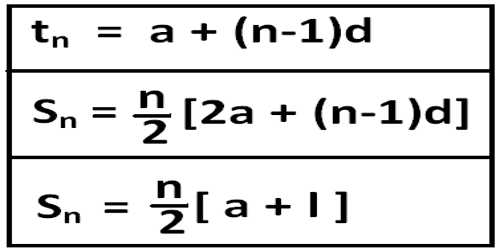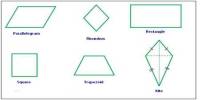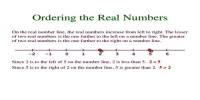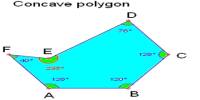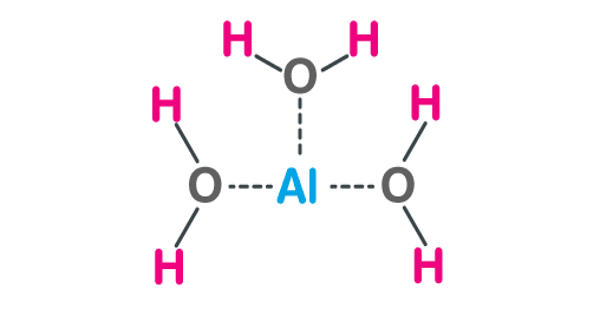A sequence of numbers is known as an arithmetic progression (A.P.) if the difference between the term and the preceding term is always same or constant. An arithmetic progression is a sequence of numbers such that the difference between any two successive members is constant.
For example,
- the sequence 1, 2, 3, 4, … is an arithmetic progression with common difference 1.
- the sequence 3, 5, 7, 9, 11,… is an arithmetic progression with common difference 2.
- the sequence 20, 10, 0, -10, -20, -30, … is an arithmetic progression with common difference -10.
Problems on Sum of ‘n’ Terms of Arithmetic Progression
Here we will learn how to solve different types of problems on the sum of n terms of Arithmetic Progression.
- Find the sum of the first 35 terms of an Arithmetic Progression whose third term is 7 and seventh term is two more than thrice in its third term.
Solution:
Let us assume that ‘a’ be the first term and ‘d’ be the common difference of the given Arithmetic Progression.
According to the problem,
3rd term of an Arithmetic Progression is 7
i.e., 3th term = 7
⇒ a + (3 – 1)d = 7
⇒ a + 2d = 7 ………………. (i)
and seventh term is two more than thrice of its third term.
i.e., 7th term = 3 × 3rd term + 2
⇒ a + (7 – 1)d = 3 × [a + (3 – 1)d] + 2
⇒ a + 6d = 3 × [a + 2d] + 2
Substitute the value of a + 2d = 7 we get,
⇒ a + 6d = 3 × 7 + 2
⇒ a + 6d = 21 + 2
⇒ a + 6d = 23 ………………. (ii)
Now, subtract the equation (i) from (ii) we get,
4d = 16
⇒ d = 16/4 = 4
Substitute the value of d = 4 in the equation (i) we get,
⇒ a + 2 × 4 = 7
⇒ a + 8 = 7
⇒ a = 7 – 8 = -1
Therefore, the first term of the Arithmetic Progression is -1 and common difference of the Arithmetic Progression is 4.
Now, sum of the first 35 terms of an Arithmetic Progression S35 = 35/2 [2 × (-1) + (35 – 1) × 4], [Using the Sum of the First n Terms of an Arithmetic Progression Sn = n/2 [2a + (n – 1)d]
= 35/2 [-2 + 34 × 4]
= 35/2 [-2 + 136]
= 35/2[134]
= 35 × 67 = 2345.
- If the 5th term and 12th term of an Arithmetic Progression are 30 and 65 respectively, find the sum of its 26 terms.
Solution:
Let us assume that ‘a’ be the first term and ‘d’ be the common difference of the given Arithmetic Progression.
According to the problem,
5th term of an Arithmetic Progression is 30
i.e., 5th term = 30
⇒ a + (5 – 1)d = 30
⇒ a + 4d = 30 ………………. (i)
and 12th term of an Arithmetic Progression is 65
i.e., 12th term = 65
⇒ a + (12 – 1)d = 65
⇒ a + 11d = 65 ……………….. (ii)
Now, subtract the equation (i) from (ii) we get,
7d = 35
⇒ d = 35/7 = 5
Substitute the value of d = 5 in the equation (i) we get,
a + 4 × 5 = 30
⇒ a + 20 = 30
⇒ a = 30 – 20
⇒ a = 10
Therefore, the first term of the Arithmetic Progression is 10 and common difference of the Arithmetic Progression is 5.
Now, sum of the first 26 terms of an Arithmetic Progression S26 = 26/2 [2 × 10 + (26 – 1) × 5], [Using the Sum of the First n Terms of an Arithmetic Progression Sn = n/2 [2a + (n – 1)d]
= 13 [20 + 25 × 5]
= 13 [20 + 125]
= 13 [145] = 1885.
Information Source:
